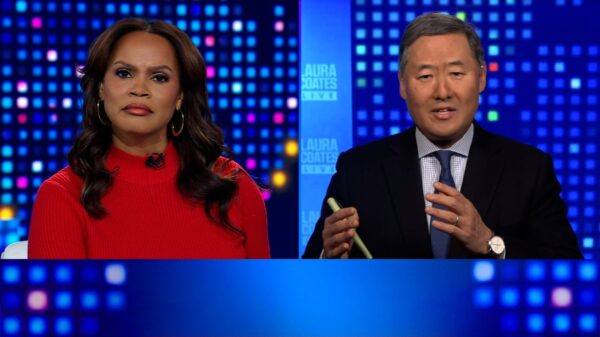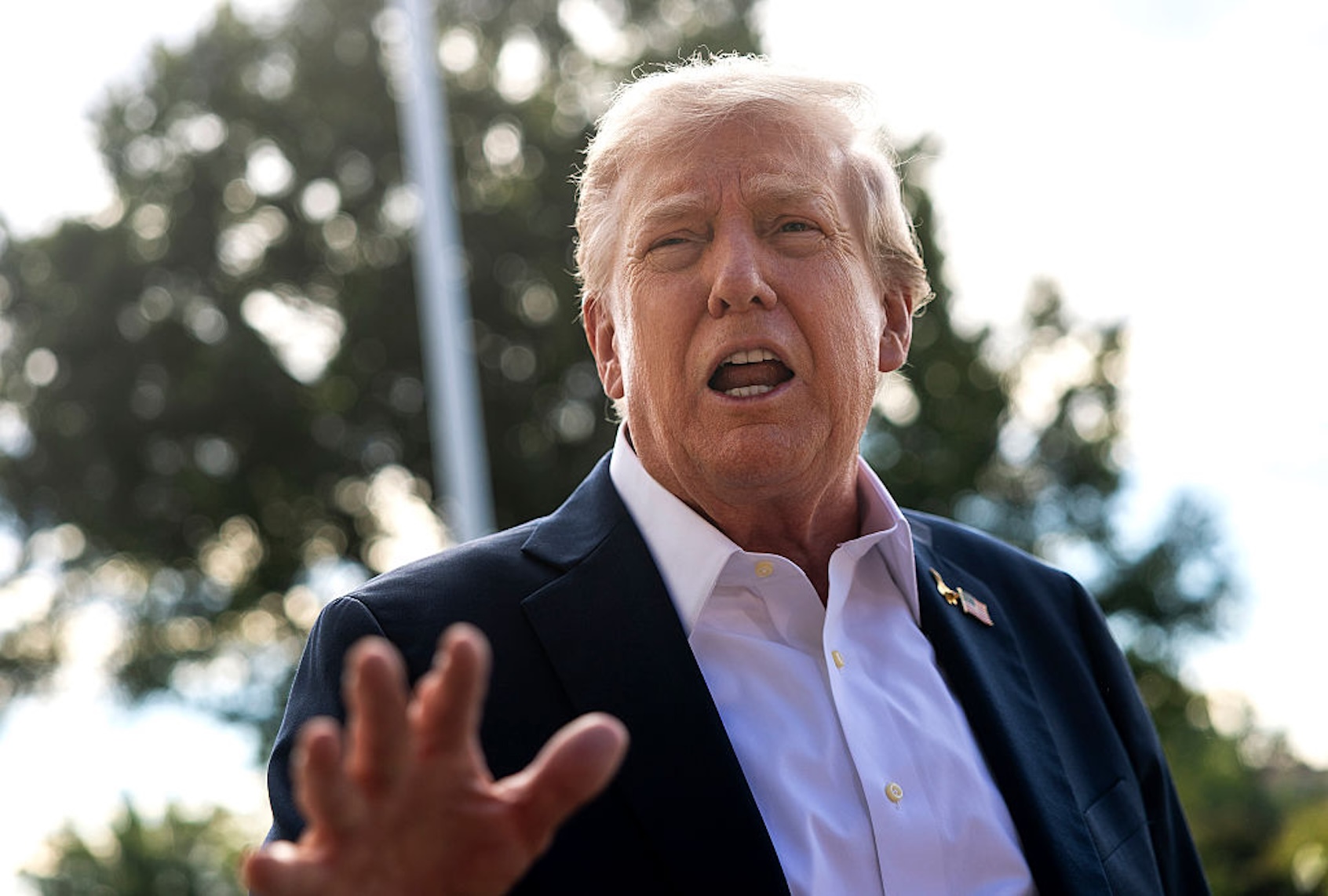Former President Donald Trump has ignited a political firestorm with misleading statements on social media and controversial military orders regarding Portland. On Saturday, he announced via his Truth Social platform that he had authorized federal troops to protect what he referred to as “war-ravaged Portland,” raising concerns among local officials and citizens alike. The announcement followed a post that featured an artificial intelligence-generated video promoting fictitious health technology purportedly linked to a new healthcare system.
The video, which falsely claimed to have aired on Fox News, featured Trump announcing that “every American will soon receive their own med bed card.” It suggested that this card would provide access to advanced healthcare facilities capable of restoring full health. Media Matters researcher Alex Kaplan flagged the misleading nature of the video, which did not actually air on any Fox News program, nor does the claimed technology exist. Despite its eventual deletion from Trump’s account the following day, the video gained traction, particularly among followers of the QAnon conspiracy movement.
Many individuals facing serious health issues, including cancer, reportedly viewed the video as a glimmer of hope. Trump has previously garnered attention for promoting unverified healthcare solutions, and his recent actions have raised alarms about the potential consequences of spreading such misinformation.
Political Backlash and Military Orders
As the situation in Portland escalated, Trump’s announcement led to the mobilization of 200 members of the Oregon National Guard for a 60-day federal deployment. Oregon Governor Tina Kotek expressed her concerns during a phone call with Trump, emphasizing that there was no current threat to public safety justifying military intervention. “I told him in very plain language there is no insurrection or threat to public safety that necessitates military intervention in Portland or any other city in our state,” Kotek stated.
The governor’s response highlights the disconnect between Trump’s perception of the situation and the reality on the ground. On the same day, Oregon filed a 41-page lawsuit against Trump’s actions, citing misleading representations from Fox News that featured outdated footage from 2020 protests, which Trump misinterpreted as current events.
In a separate instance, Trump’s defense secretary, Pete Hegseth, referred to outdated visuals from Fox News to justify the troop deployment. The footage, originally from the 2020 Black Lives Matter protests, has been criticized for not accurately reflecting the current state of affairs in Portland, where protests have dwindled significantly.
Media Influence and Public Reaction
Trump’s reliance on selective media coverage has raised concerns about his decision-making process. During a recent interview, he expressed confusion over conflicting information presented by the media and his advisors. “I said, ‘Well wait a minute, am I watching things on television that are different from what’s happening? My people tell me different,’” Trump remarked.
Despite the backlash, some Trump supporters dismissed the incident as a mere joke. However, the implications of misleading narratives can be significant, particularly for individuals who may be vulnerable due to health issues. Many have reportedly opted against conventional medical treatment, believing in the efficacy of the so-called “med beds,” a notion that has been discredited by experts.
As the political landscape evolves, Trump’s actions serve as a reminder of the complex relationship between media narratives and public perception. The fallout from his recent posts and military orders will likely continue to unfold, as both local and national leaders respond to the challenges posed by misinformation and its impact on public health and safety.






































































